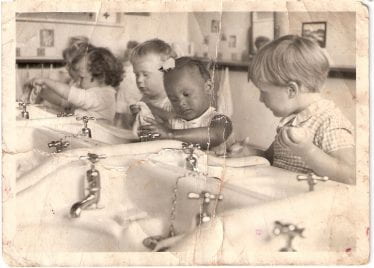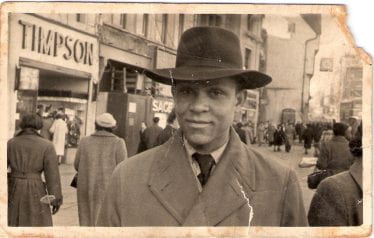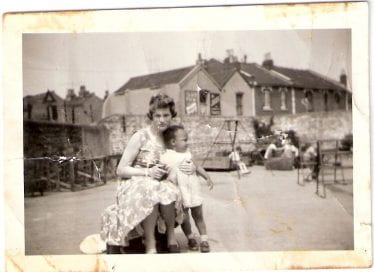Endless Pressure 50 Years On: Revisiting Ken Pryce’s Study of West Indian Life-Styles in Bristol
This research will revisit ‘Endless Pressure’ (1979), Ken Pryce’s ground- breaking sociological study into the effects of racism and discrimination of the lives and wellbeing of African Caribbean’s in St Pauls, Bristol. What can these life stories teach us about living well in older age, living well with the past and living well with difference? How do they relate to the contemporary experience of young African Caribbean people and others racialised as black?

Image Credit: Clive Smith, AS IT IS tv
Ken Pryce’s sociological study, Endless Pressure (1979) provided a landmark empirical account of Caribbean people young and old in Britain. Interested in the ‘lifestyles, attitudes, beliefs and behaviours’ of ordinary people, Pryce adopted an innovative but controversial version of participant/observation research methods in order to identify ‘what adaptive mechanisms this group evolved to achieve their life goals in the face of overwhelming odds’. He identified a number of subcultures within the community, examining how their members variously perceived and coped with the pressures they encountered.
What did the project involve?
Fifty years on, many of the original participants in Pryce’s study are still living in Bristol. This project was the first to revisit Pryce’s research by conducting and recording in depth oral history interviews with five of them. Interviewees were asked to reflect on, the strategies they adopted to cope with racism at the time of Pryce’s study and those they subsequently developed; whether and how they achieved their life goals; whether and how their perceptions of living well with difference have changed over the past four decades.
Photos from Bristol at the Time of Ken Pryce’s study. With thanks to Hazel Ramdeen.
The aims of this project were to:
- Revitalise interest in Pryce’s work and make it known to a wider audience.
- Explore Endless Pressures relevance to the contemporary experience of young African Caribbean people and others racialised as black who can identify with it.
- Document and celebrate the life stories of people who are now elders in Bristol’s African Caribbean community, make those stories known, and reflect on what they can teach us about living well in older age, and living well with the past, as well as living with difference.
- Enrich understandings of Bristol’s African-Caribbean History and foster intergenerational and intercommunity dialogue.
Who are the team and what do they bring?
- Jo Kontis ( Community Worker) is a member of Bristol’s African Caribbean community with expert knowledge on the community and experience conducting pilot interviews with the participants.
- Clive Smith (As It Is TV) is an award winning film producer with longstanding expertise and experience of documenting the experience of the Windrush generation.
- Madge Dresser (History) has been involved in community activism and research in the St Pauls and Bristol areas since the 1970s and wrote the first account of the Bristol Bus Boycott Campaign of 1963. Madge will conduct archival research and draw on her extensive background knowledge of African-Caribbean Bristolian history to frame the oral interview data.
- Julia O’Connell Davidson (Sociology) has expertise in the research methods used within this project.
What were the results?
- An archive of 5 oral history interviews with elders of Bristol’s African Caribbean community who participated in Pryce’s original research.
- Blog posts on the project:
- Ken Pryce: His life, his academic contribution and his relevance today: from a historian’s perspective. by Madge Dresser (History, University of Bristol)
- Endless Pressure: Sociologists in Conversation, by Julia O’Connell Davidson (SPAIS, University of Bristol) and Jacqueline Sanchez Taylor (Department of Sociology, University of Leicester).
- A podcast featuring extracts of the interviews (hosted below).
Listen to researchers Jo Kontis and Clive Smith discuss Endless Pressure 50 Years on and the project’s progress at Brigstow’s “Hidden Histories” event:
This project facilitated a dialogue between community and academics. The research team would like to sustain this network and take the project forward by securing funding for a fuller and more systematic restudy of Endless Pressure.




